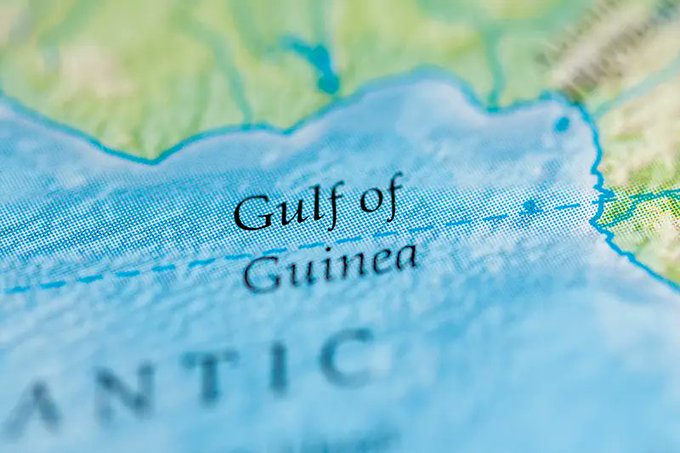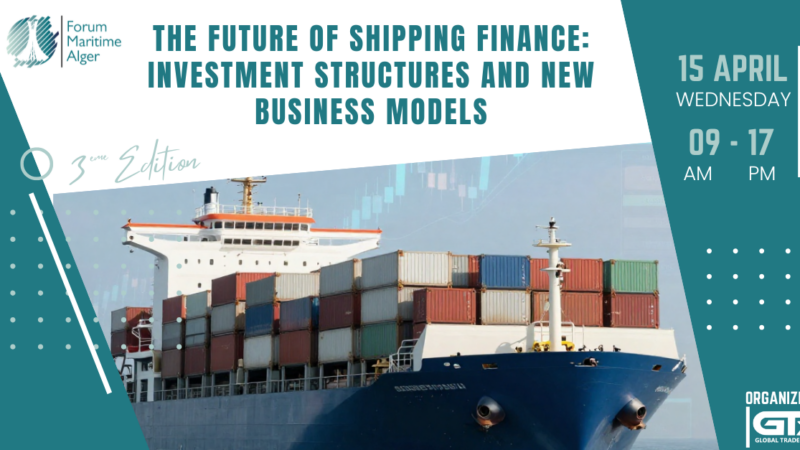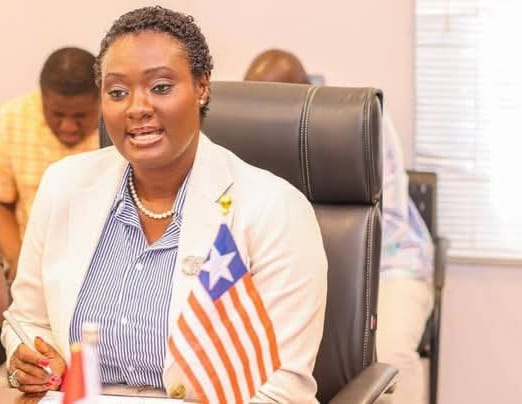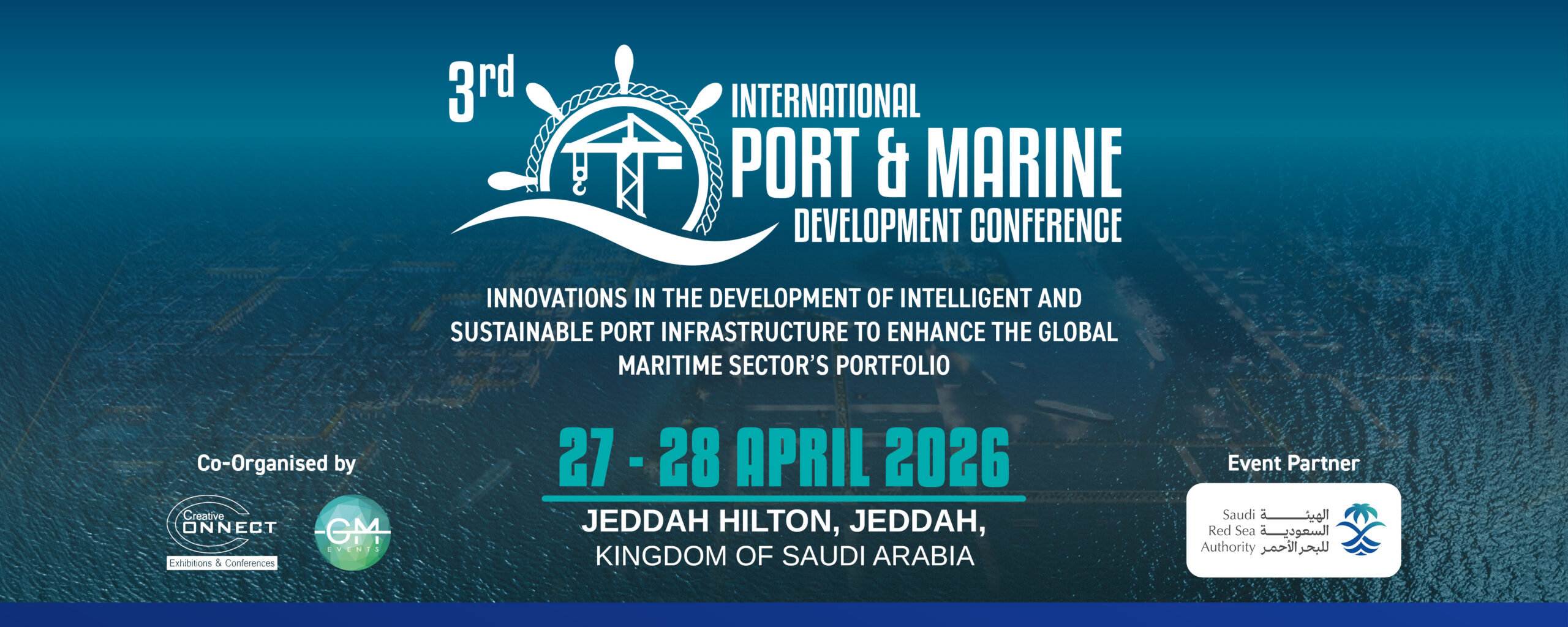Global Fishing Watch and Gulf of Guinea Regional Fisheries Commission forge partnership in fight against illegal fishing
The two organizations will leverage ‘cutting-edge technology’ to accelerate ocean sustainability efforts in Central Africa
Global Fishing Watch, an international nonprofit organization dedicated to advancing ocean governance, and the Gulf of Guinea Regional Fisheries Commission (COREP), an intergovernmental body comprising 11 African nations, today launched a new strategic partnership aimed at addressing urgent maritime challenges in the Gulf of Guinea, including that of illegal, unreported and unregulated (IUU) fishing.
The landmark partnership, inaugurated amid the global observance of the International Day for the Fight against Illegal, Unreported and Unregulated Fishing, is a direct response to the devastating scale of IUU fishing activities and the illegal trade of marine resources in the Gulf of Guinea. Representatives of Global Fishing Watch and COREP endorsed the partnership with a memorandum of understanding outlining the two organizations’ firm commitment to information sharing, tactical coordination and vessel transparency in fisheries management approaches.
“We are delighted to be working alongside the Gulf of Guinea Regional Fisheries Commission and honored by their request to lead this key collaboration,” said Tony Long, chief executive officer of Global Fishing Watch. “This partnership marks a pivotal advancement in shared endeavors to counter illegal fishing in the region and recognizes the need for coordinated action to promote sustainable fisheries management.”
“Together, Global Fishing Watch and COREP can harness the power of data and cutting-edge technology to promote transparency across the fisheries sector and secure the lasting changes needed to fortify sustainable management of our marine resources,” Mr. Long added.
The Gulf of Guinea extends over 5,700 km of coastline and has long been considered one of the most biodiverse marine environments in the world. Its waters are an important economic engine for the region, supporting livelihoods and providing a key source of food for its coastal States.
However, the Gulf has also long been subject to IUU fishing with damages estimated at an annual economic loss of over USD $2 billion. The region relies on cooperation and collaboration between States to effectively manage marine resources and to combat IUU fishing. COREP, a specialized institution of the Economic Community of Central African States (ECCAS) comprising the nations of Angola, Burundi, Cameroon, the Central African Republic, Congo, the Democratic Republic of the Congo, Gabon, Equatorial Guinea, Sao Tome and Principe, Rwanda, and Chad, ensures that Member States protect and develop fisheries in a sustainable manner.
“This partnership with Global Fishing Watch represents a significant step forward in our efforts to combat IUU fishing in the Gulf of Guinea region,” said Emmanuel Sabuni Kasereka, COREP’s ad interim executive secretary. “By maximizing technologies and shared data, we aim to improve transparency and contribute to better maritime governance, including strengthening fisheries management for the benefit of our Member States.”
According to COREP and Global Fishing Watch, the new partnership will provide a critical boost to existing efforts in marine resource management and the fight against IUU fishing by jointly committing to transparency through the exchange of data; improved monitoring of vessel behavior and the risk of IUU activity; and collaborative work on policies and regulations relating to the fight against IUU fishing and sustainable fisheries management.
Global Fishing Watch will also provide COREP with analytical support for vessel monitoring efforts, training on the use of Global Fishing Watch tools to enable more robust marine management, and technical assistance in reviewing and revising IUU fishing policies and regulations.
The agreement between COREP and Global Fishing Watch follows the recent signing of another partnership between the international nonprofit and the West African Sub-Regional Fisheries Commission (SRFC) in which the two entities similarly committed to leveraging open data to combat IUU fishing and advancing key policy reforms around vessel tracking methods and data sharing practices in the region.
The partnerships with COREP and SRFC represent a new wave of transparency in ocean governance and fisheries management as Global Fishing Watch continues to unlock previously closed datasets and apply cutting-edge technology to strengthen management and monitoring, control and enforcement efforts of marine environments.
Source : Global Fishing Watch,






